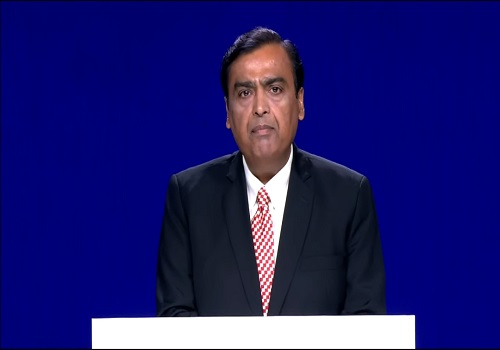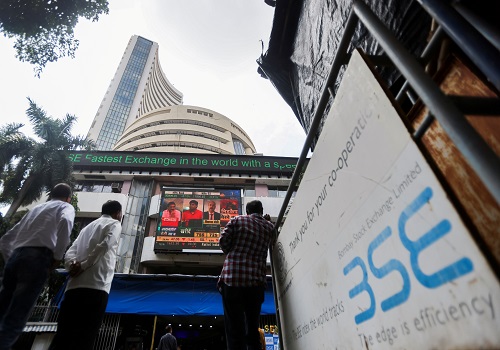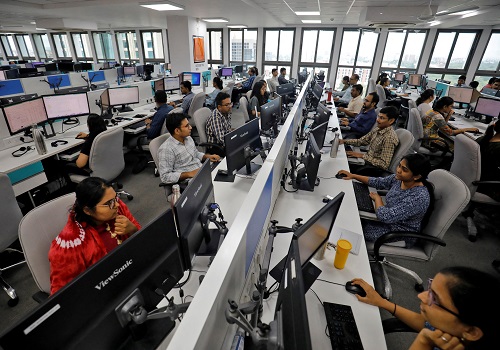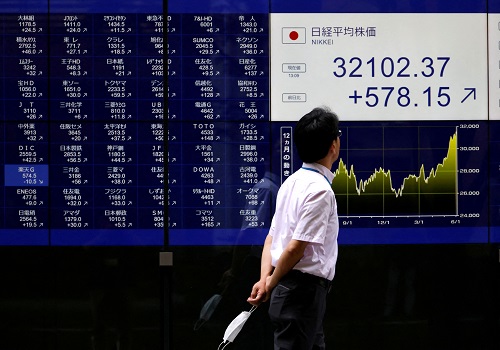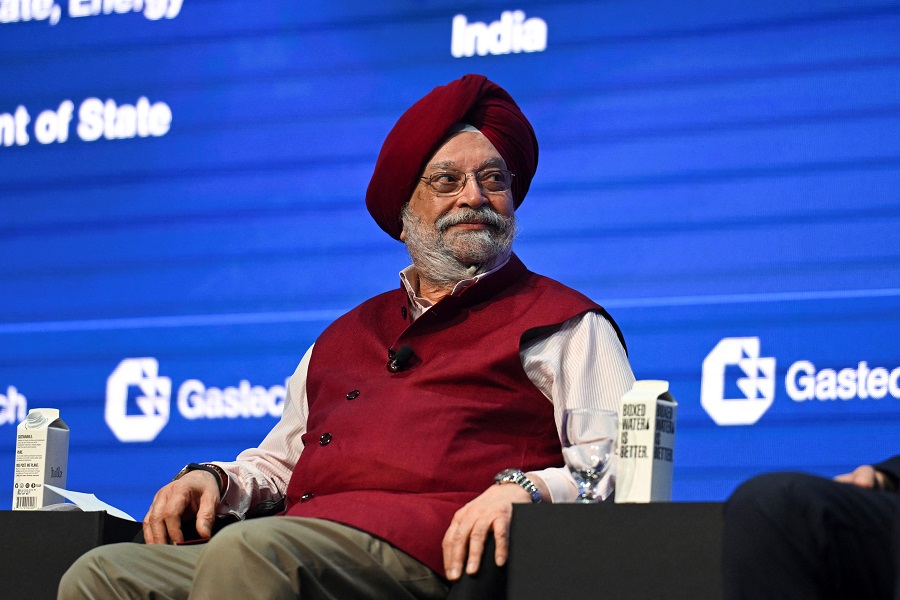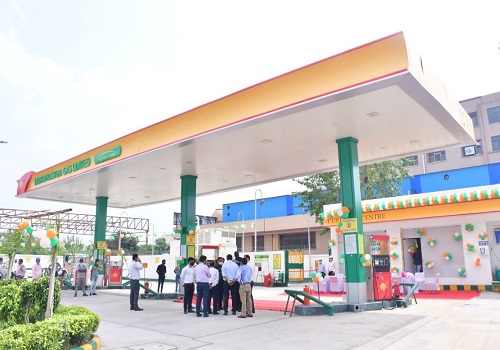Indian apparel exporters to see 9-11 pc revenue growth in FY25
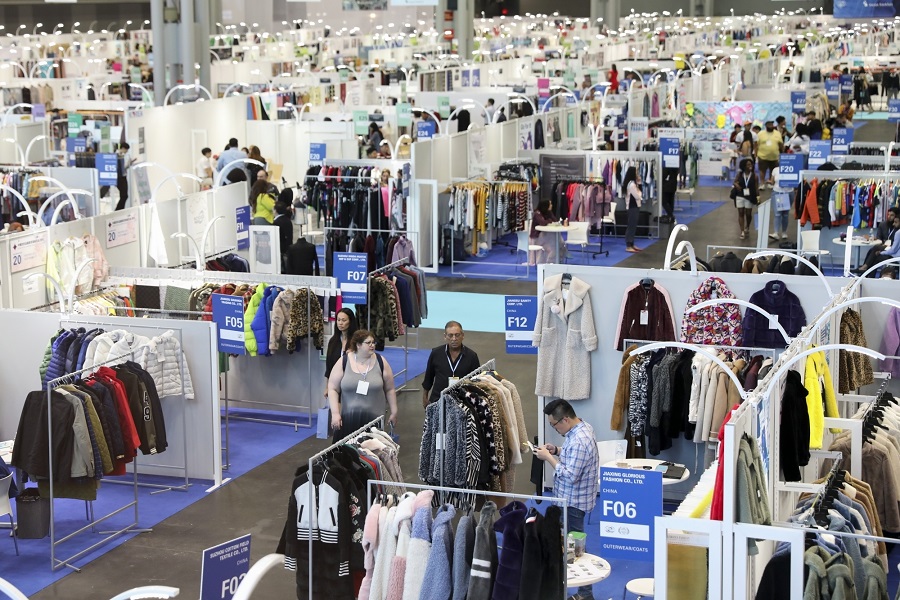
Indian apparel exporters are estimated to see a 9-11 per cent revenue growth in FY25, benefitting from the gradual liquidation of retail inventory in the key end markets and a shift in global sourcing to the country, a part of the de-risking strategy adopted by several customers, a report showed on Monday.
With the revival in demand, credit rating ICRA expects the capex spending to increase in FY25 and FY26 and may stay in the range of 5-8 per cent of the turnover.
The long-term prospects for Indian apparel exports are favourable, aided by enhanced product acceptance in end markets, evolving consumer trends and a boost from the government in the form of the production-linked incentive (PLI) scheme, export incentives, the proposed free trade agreement with the UK and the EU, among others, the report noted.
Apart from the benefits to be derived from the fresh capacity additions under the PLI scheme, the PM Mega Integrated Textile Region and Apparel scheme is expected to strengthen India’s presence in the global apparel trade by providing scale benefits and strengthening the country’s presence in the man-made fibre value chain.
In the first half of the current fiscal, apparel exports grew by 9 per cent on a YoY basis to $7.5 billion.
Srikumar Krishnamurthy from ICRA said that after a marginal decline (down 2 per cent) in FY24, Indian apparel exporters are estimated to report a 9-11 per cent revenue growth in FY25. Despite the revenue growth, associated operating leverage benefits and softer raw material prices, the industry’s operating margins are expected to contract by 30-50 bps on a YoY basis in FY25 with increasing labour costs, freight costs and rise in other operating expenses, he mentioned.
According to the report, recent geo-political tensions in Bangladesh could result in capacity additions outside the country, including India. "Nevertheless, the availability of labour at competitive costs and preferential duty access, given its least developed country status for another two years on exports to the US and the EU help Bangladesh to remain competitive against most other developing countries," the report noted.













